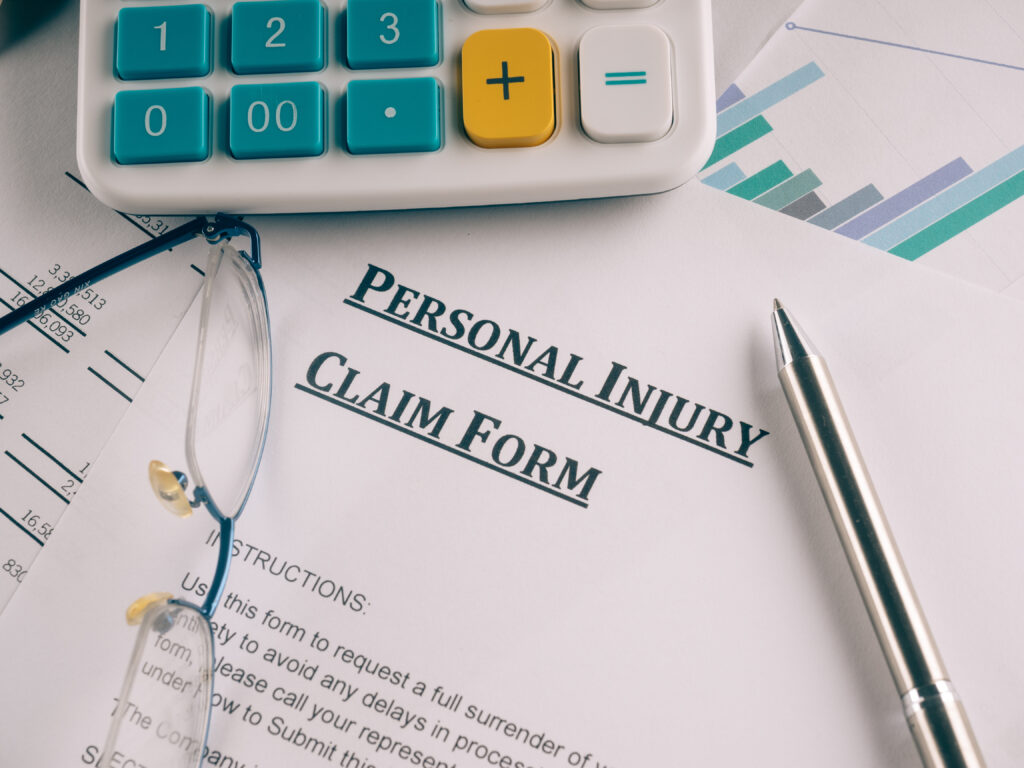
If you have been injured due to someone else’s negligence, you can file a claim to seek compensation for your losses. Often, it’s difficult for victims to determine whether to file a first-party claim, third-party claim, or both. A third-party claim is filed by someone other than the policyholder. Please continue reading to learn about third-party claims and how a skilled New York City Personal Injury Lawyer can help you navigate your legal options.
Who is a third party in a personal injury claim?
Following a car accident, slip and fall, or another type of personal injury, you may file a claim with the at-fault party’s insurance company to seek monetary compensation for the damages you’ve incurred. If you file a claim with your own insurer, it is considered a first-party claim. However, filing an insurance claim with someone else’s insurer is considered a third-party claim.
In a third-party claim, the insurance company will investigate the accident to determine if the insured under their policy was responsible for causing the injury. If the insurance company determines the insured was responsible for causing the injury, they will negotiate a settlement for your claim. If they offer you a lowball settlement, you can file a lawsuit against the at-fault party to fight for the maximum compensation you may be entitled to for your damages.
For instance, if a drunk driver runs a red light and strikes your vehicle, you would likely file a claim with the drunk driver’s insurance company. The drunk driver’s insurance company would be responsible for covering your damages. With a third-party claim, you can claim damages that your insurance or the at-fault party’s liability coverage does not cover.
What damages may be available for third-party claims?
You may be entitled to significant compensation if you’ve been seriously injured due to another party’s negligence. In a third-party claim, you could receive damages for economic and non-economic damages. Economic damages refer to the out-of-pocket expenses. These financial damages are quantifiable. Examples include past and future medical expenses, lost wages, household services, vocational rehabilitation, property damage, etc. Non-economic damages, on the other hand, refer to subjective losses that are not calculable. Examples include pain and suffering, inconvenience, loss of enjoyment of life, loss of society, disfigurement, etc.
If you’ve been seriously injured as a direct result of someone else’s negligence, it’s in your best interest to enlist the legal assistance of a determined New York City personal injury lawyer. At James Newman, P.C., we are prepared to guide you through each phase of the personal injury claims process. Allow our firm to represent your interests today.

